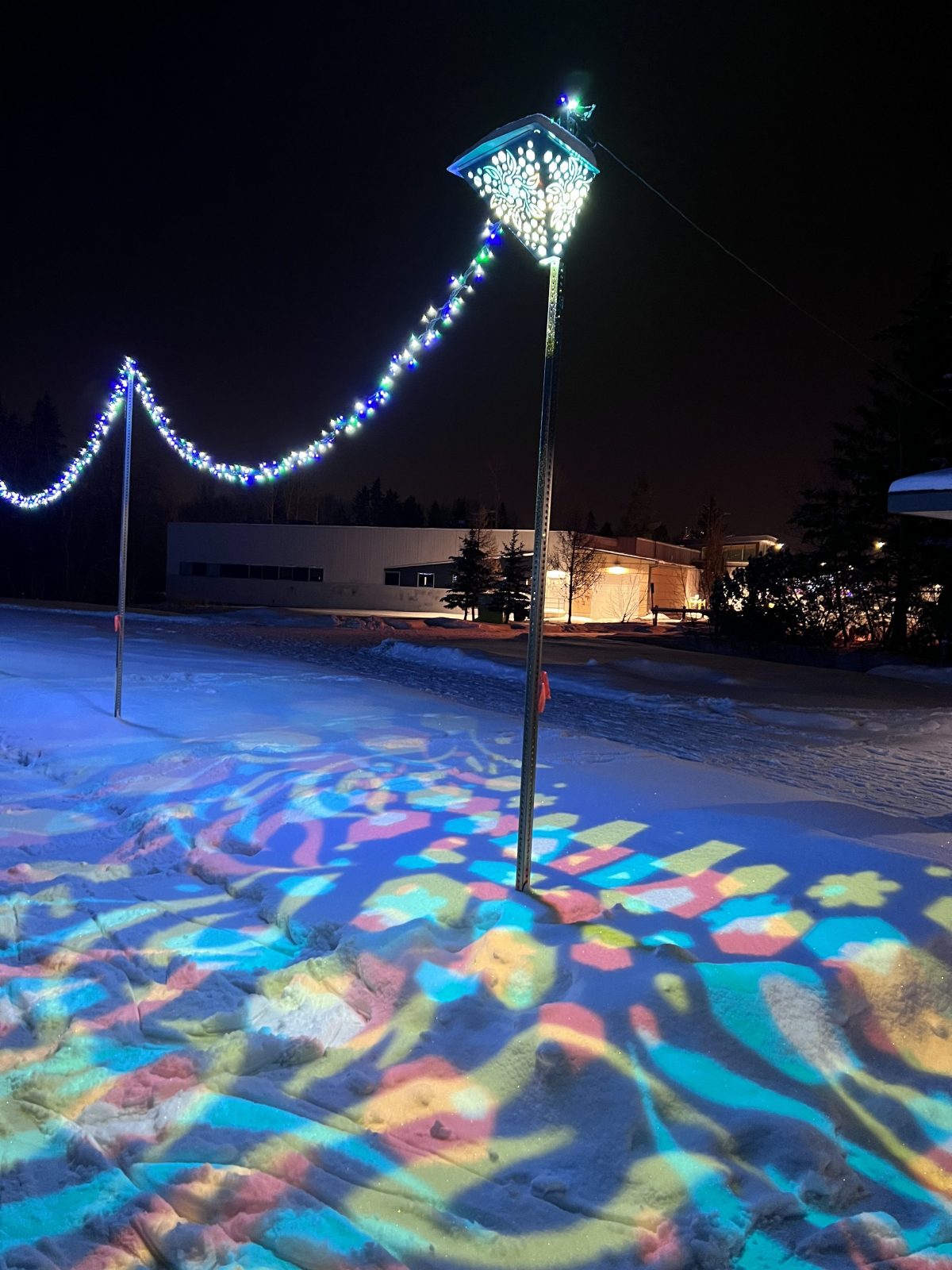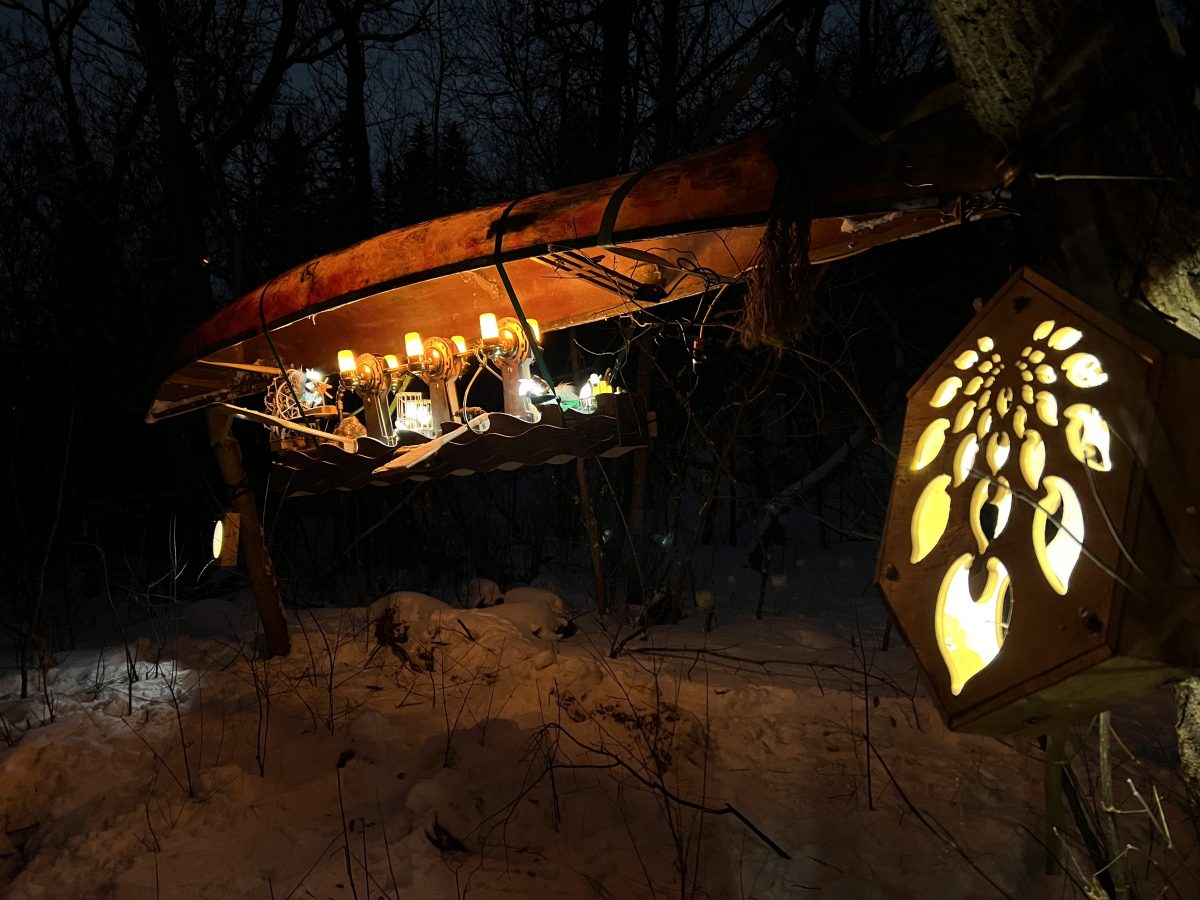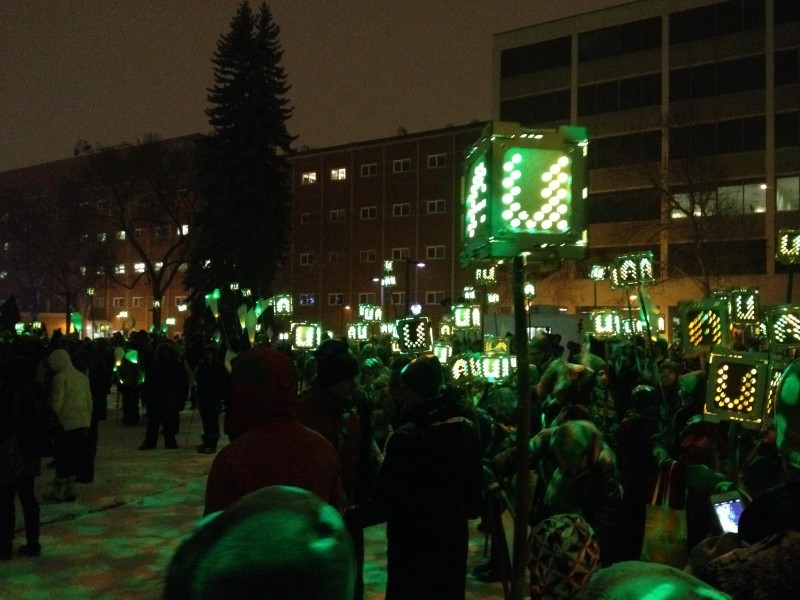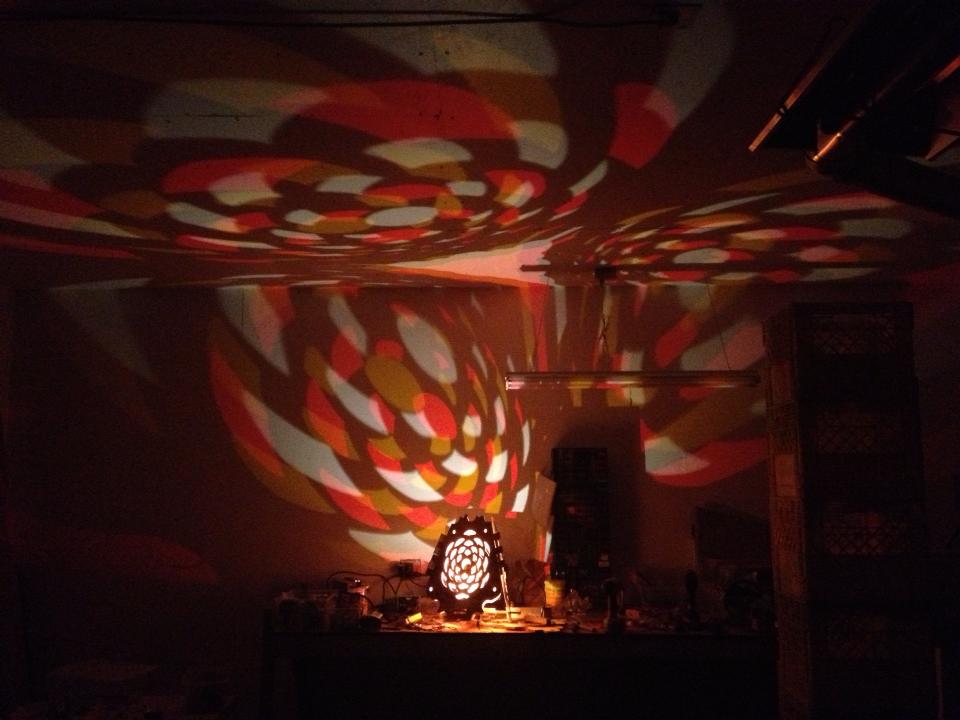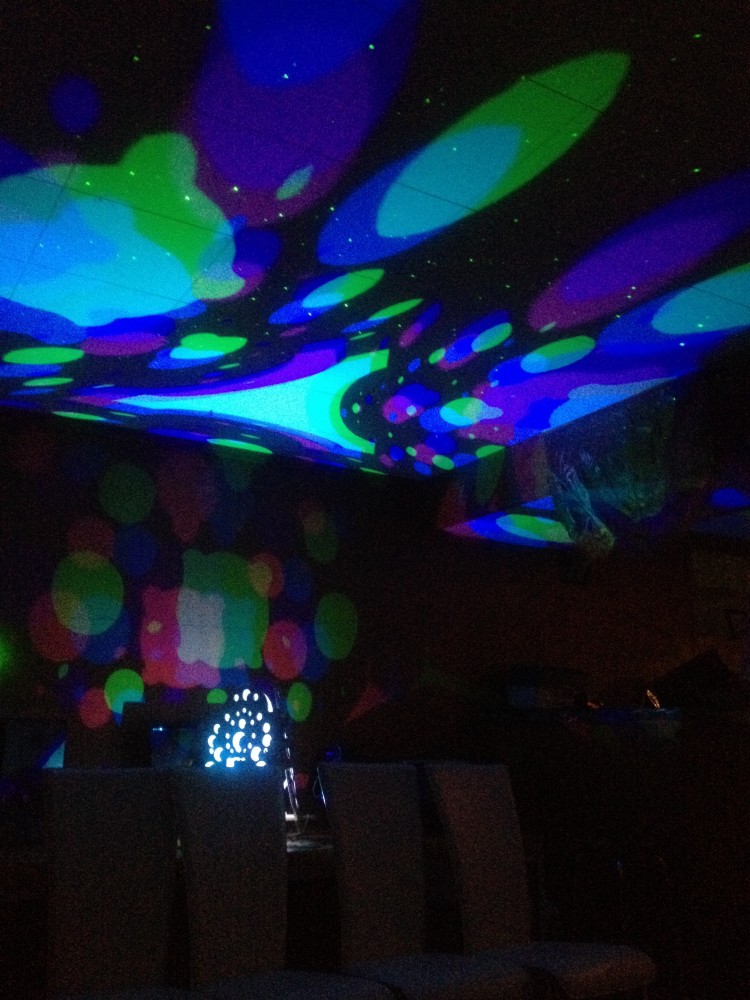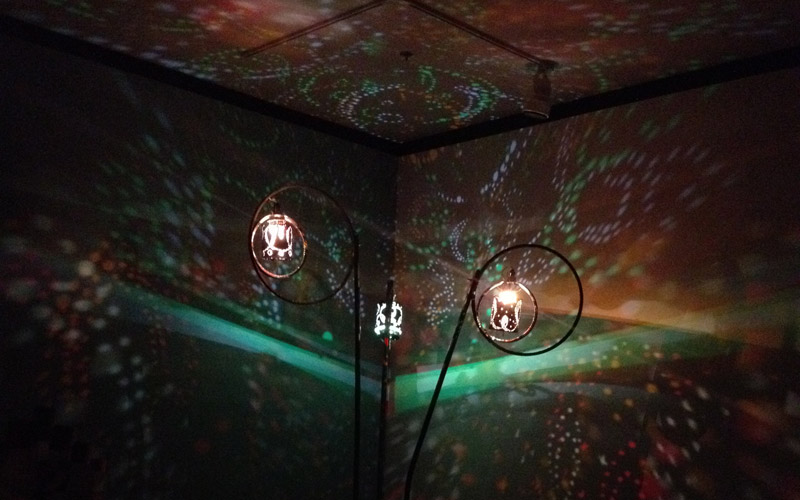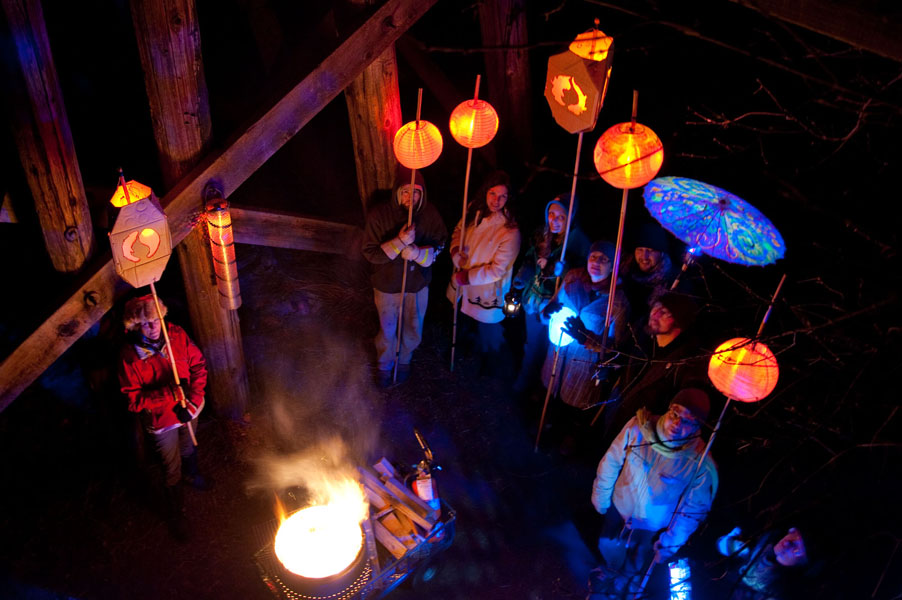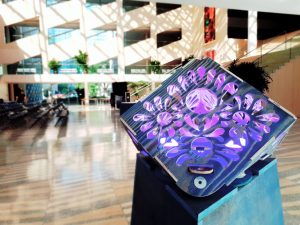
Did you notice the air recently? Have you looked up the weather on your device to see what Environment Canada’s testing sites have to say about how safe your air is? I write this a week after forest fire related air quality challenges hit Alberta in the worst way in years. I was checking every day. Am I biking my kid to school? Wearing a mask all day? Kinda like how you dress for rain or sun or snow. Except where I am, we usually don’t have to think about if the air is going to damage you.

So 5 or so years ago, one of the open data people at the City of Edmonton called me up to ask if I could make them a lantern that would work with a wifi lightbulb they had hooked up to Environment Canada’s website. It was a cool script that pulled the current Air Quality Health Indicator number, referenced that colour, and displayed it on the wifi smart RGB LED bulb. Yes of course I said. That lead to a design you can still find on my web store called “Sporiffic”. At that time we hadn’t had the regular crazy fire smoke outs, but I was getting hit hard by spring pollen and snow mold spores. I built the lantern to hang from a ceiling in city hall, but then when they decided they didn’t want to have to hang it, I also built a plinth to put the lantern up on. The project was well received, and I really enjoyed putting together an artistic vehicle for a practical informational display purpose.
Over the next three years a couple of other Airshed Alliances in Alberta contacted me to design cool display lanterns for them using the same wifi bulbs and widgets. I integrated the size of the plinth to make a full size yet portable public art piece. The current full size versions stand 6′ tall, and have artwork related to the organization and land they live on. Lakeland Industry and Community Association (LICA) and Peace River Area Monitoring Program Committee (PRAMP) have this newer style lantern. The next year I made some desktop models at about 20″ tall, so that they can have an office version as well.
This whole process took me down a fascinating rabbit hole of sensing devices, display options, where monitoring takes place, how individual vs institutional technology can work, and what kinds of things are legible at what levels of monitoring. It seems like there is much greater consumer access to sensing and monitoring now, with on going technology improvements and years of focus of air quality and safety. I think there is room to do this artistically still, and I hope to integrate some of the sensing as the open source side of sensing and monitoring gets more accessible.

